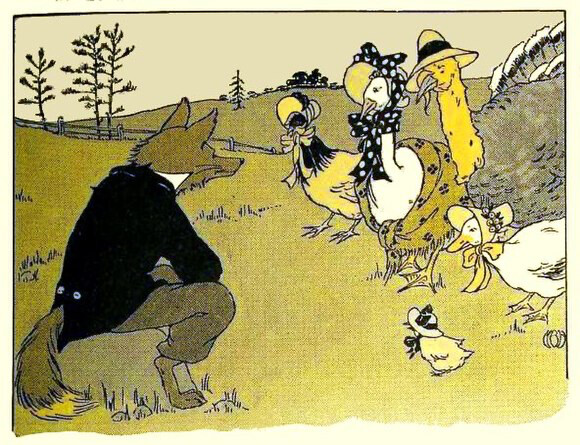I have reached a type of writers block that would not surprise me if many, if not most, writers experience in their work.
It is a metaphor block, when the crucial metaphorical stepping stones that bridge between points A and B have not made themselves visible to complete the journey from points A to B.
To complicate the journey, there is “clear and convincing evidence” that there is no need to go from points A to B, a position supported by powerful forces that do not want to see any movement beyond point A.
Standards and conventions have in fact been promulgated to address the relevant issues from the perspective of point A, obviating any perceived need for moving beyond point A.
As the Wizard of Oz attempted to dissuade Dorothy as to her curiosity by stating “Pay no attention to the man behind the curtain”, I am looking for metaphors to encourage readers to look behind that carefully designed and constructed curtain that hides a deeper, and unexpectedly less complex, truth.
I am fully aware and cognizant of the KISS (Keep It Simple Stupid) acronym that means to remind us of the beauty and power of simple solutions.
In response, I quote the often cited parable that “Nature abhors a vacuum”, when in fact, by sheer volume, the universe is well over 99.99999999% a vacuum.
Writers, possibly above all others, appreciate the power of a well placed metaphor as a tool to bridge between points A and B.
I would welcome any and all thoughts toward my own nacent effort at this craft we all share here.
Thanks for reading,
scrive


